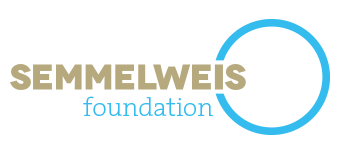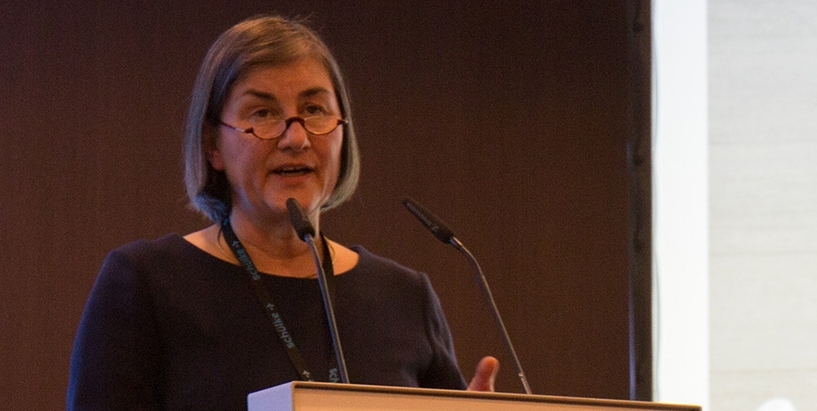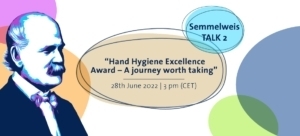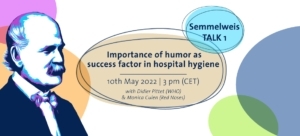Does surveillance improve the communication about Infection Control problems in hospitals? This was the subject Dr. Petra Gastmeier (Charité Berlin) was speaking on at the 2nd Semmelweis CEE Conference in Budapest. Carola Timmel interviewed her about this issue and her impressions of the conference.
Mrs. Gastmeier, in your lecture you mentioned the well-known and important motto “If you can’t measure it, you can’t manage it”. Surveillance becomes more and more important. But how was it at the beginning?
25 years ago the common credo was “We do not have any nosocomial infections”. The situation was really depressing: No reference data were available – only data from some individual publications existed for comparison.
When approximately there was the beginning of taking reference to this phenomenon, and are there any publications describing the development?
It started with the implementation of the National Reference for Surveillance of HAI in 1996. In 2015 we published a study about exactly this issue (Epidemiology of healthcare associated infections in Germany: Nearly 20 years of surveillance; Gastmeier et al.).
What was the conclusion of this study?
The conclusion was that participating in a national surveillance system (KISS) and using surveillance data for internal quality management leads to substantial reduction of HAI. In addition, a surveillance system can identify otherwise not recognized risk factors which should – if possible – be considered for infection control management and for risk adjustment in the benchmarking process.
Communication, the motto of this congress, is an important part of surveillance. Is this congress for you a good place for communication?
It’s a wonderful opportunity to Exchange thoughts with my colleagues about infection control and about what happens now and what will happen in the future. I really enjoyed the speeches – They were very good and inspiring.
What is your experience with the CEE countries – do you have a lot of contact with the experts there?
Yes, we meet once a year at ECDC in Stockholm. At least my colleges working in the field of surveillance of nosocomial infections. We have very good contact and know each other very well.
We are here in the city where the name giver of the Semmelweis Foundation was born. What are you associating with Ignaz Semmelweis?
He is a big man. No doubt. But he is also a tragic person.
What did you learn from him – which role does he play in your daily work in the hospital?
I use his story for the students. During the lessons I am often referring to him and his achievements. I try to demonstrate how he worked, developed visions and how he was successful at the end.




